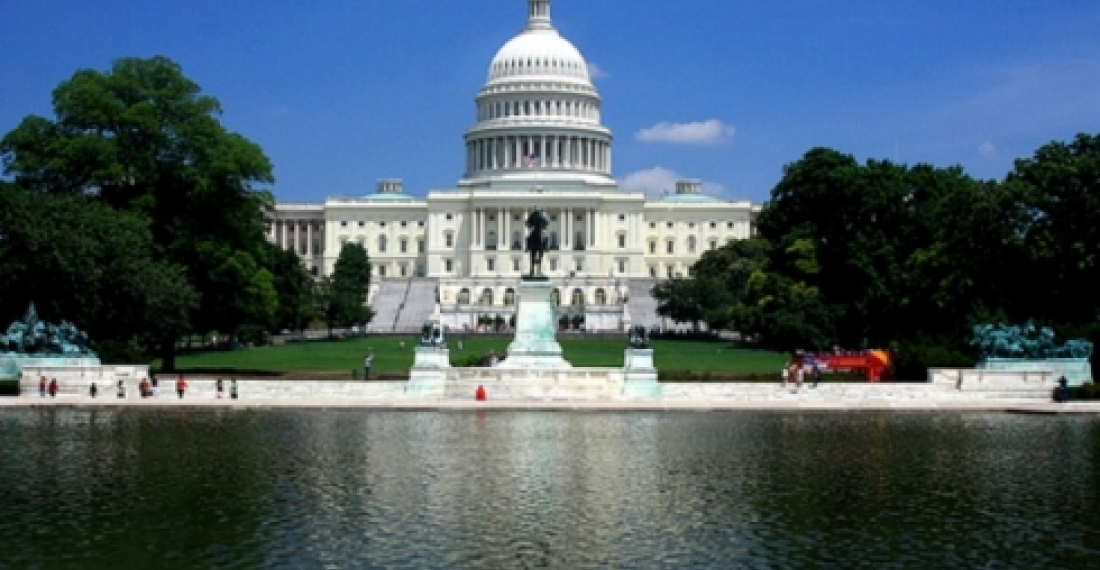Президент Барак Обама назначил Ричарда Морнингстара в качестве нового посла США в Азербайджане с тем, чтобы попытаться завершить противоборство между администрацией и Конгрессом по американскому представительству в Баку. На протяжении большей части времени у администрации Обамы не было посла США в Азербайджане, и все, что говорили американские официальные лица, пытаясь сохранить хорошую мину в этой ситуации, большая часть наблюдателей считают это провалом американской политической системы.
Ричард Морнингстар служил в последние годы в качестве специального посланника Госдепа США по вопросам евразийской энергетики, и в этом качестве уже имел контакты с Азербайджаном и посещал страну по различным поводам. Его назначение, скорее всего, не будет спорным.
Многие из проблем, связанных с американским дипломатическим представительством в Азербайджане, являются результатом усилий конгрессменов США отреагировать на чувства среди избирателей армянского происхождения в их избирательных округах.
Первым выбором Обамы посла в Баку был Мэтью Брайза, бывший помощник государственного секретаря в администрации Буша, а также бывший со-председатель Минского процесса ОБСЕ. Армянская диаспора была недовольна его кандидатурой с самого начала и обвиняла Брайзу в "слишком проазербайджанской позиции", также ссылаясь на то, что у него жена турчанка. Белый дом упорствовал в своем выборе, и в конце 2010 года, использовав положение правил о назначении американских послов, назначил президентским указом посла Брайзу в то время, когда Конгресс был на каникулах. Согласно этому положению посланник может служить в течение одного года, во время которого конгресс рассмотрит его кандидатуру или же его отзовут. Поскольку Конгресс не подтвердил назначения Брайзы, он был отозван в конце 2011 года.
Многие считали, что Брайза способный и харизматичный дипломат, у которого хорошие взаимоотношения с руководством Азербайджана, и который вполне мог сотрудничать с правительством Азербайджана в положительном русле по таким чувствительным вопросам, как нагорно-карабахский конфликт и права человека, и усилия заблокировать его кандидатуру были контрпродуктивными.
Такая ситуация озадачила не только правительство Азербайджана, но и большую часть международного сообщества, которое ожидало иметь стабильное американское дипломатическое присутствие в Баку в то время, когда страна начинает занимать все более важную роль в региональных и международных вопросов, а также в трудное время внутриполитического развития страны.
Политический редактор Commonspace.eu в своем комментарии сообщает: "Это классический случай столкновения дипломатии и демократии. Американская система выверок и противовесов дает Конгрессу США права на назначения послов США. Уважение избирателей заставило Конгресс США вмешаться во внешнюю политику несколько спорным способом, но у администрации не было другого выбора, кроме как склонить голову перед их взглядами. В настоящее время есть надежда, что Конгресс будет действовать быстро с назначением Морнингстара с тем, чтобы обеспечить стабильное американское дипломатическое присутствие в Баку, как можно скорее."
Источник: commonspace.eu
Фото: Здание конгресса США в Вашингтоне (фото из архива)
Commentary
Когда дипломатия и демократия сталкиваются. Обама делает ещё одну попытку назначить посла в Азербайджане, предлагая кандидатуру Ричарда Морнингстара.







